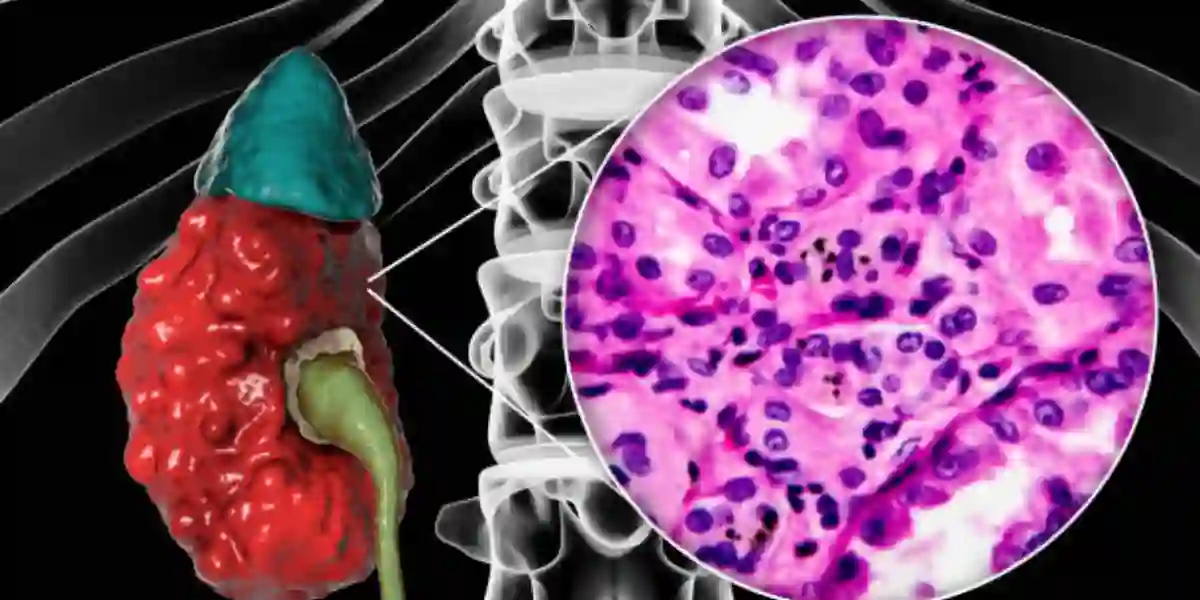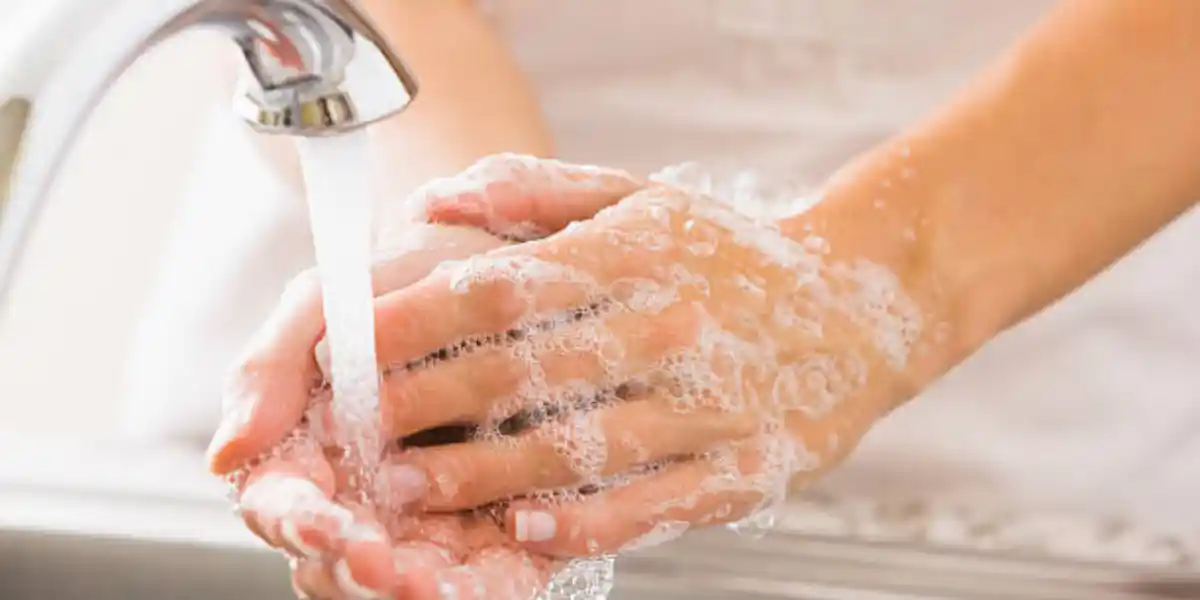A kidney infection is a urinary tract infection that has spread to the kidneys. Some common symptoms of serious health issues are back pain, fever, and nausea. It is essential to treat the infection immediately. This prevents it from getting worse or causing kidney damage. In this article, we will talk about how to treat kidney infections. We will also cover the available medical treatments, home care and prevention.
What Is Kidney Infection Pyelonephritis? Symptoms & Treatment Of Pyelonephritis
Kidney infection or pyelonephritis, is when one or both kidneys get infected. Bacteria or viruses can cause this infection. It makes people very sick and needs treatment.

Symptoms
- Signs of kidney infection include
- Frequent urination and it hurts
- Ain in your back, side, and near the groin
- Feeling cold with a high fever
- nausea and vomiting
- Little children might only have a high fever
Treatments For Kidney Infection
Antibiotics
Antibiotics are the cornerstone of kidney infection treatment. A broad-spectrum antibiotic may be prescribed to fight the infection immediately. Your doctor might adjust the medication once test results identify the specific bacteria. Complete the entire course of antibiotics, even if you start feeling better. It is necessary to get rid of the infection immediately.
Pain Management
Kidney infections are extremely painful. They can cause discomfort in the abdomen, back and groin. over-the-counter pain relievers like acetaminophen or ibuprofen can alleviate these symptoms. They also help reduce fever, providing comfort during recovery.
Hydration is Essential
Drinking plenty of fluids is essential in treating a kidney infection. Water helps flush bacteria from your system, aiding in recovery. Aim for at least 8 glasses of water every day. To prevent bladder irritation and dehydration, it’s best to avoid caffeine and alcohol.
Hospital Care for Severe Cases
Severe or complicated infections and pregnant women may require hospitalization. It helps doctors watch closely and give strong antibiotics through a vein for aggressive treatment.
Follow-up Care
After the treatment, you might have to do other tests, such as urine cultures or kidney ultrasounds. These help confirm the infection is resolved and assess if there’s any kidney damage.
Homecare And Lifestyle Adjustments
Rest and Recovery
Rest plays a vital role in recovering from a kidney infection. It allows your body to focus its energy on fighting the infection. Aim for a good night’s sleep and take it easy during the day.
Heat Therapy for Pain Relief
Applying heat to the back or side can help reduce pain. Use a warm but not so hot, healing ad or warm water bottle, ensuring not to overheat the skin.
Dietary Considerations
Diet can influence recovery. Incorporating fruits, vegetables, and whole grains can aid healing. Limit sugary, fatty, or salty foods intake, as they can hinder your body’s healing process.
Medication Awareness
Some over-the-counter medications and supplements can worsen kidney problems. Tell your doctor about all your medicines, even if you don’t need a prescription.
Preventive Measures
Hygiene Bathroom practices
Regular bathroom hygiene is vital in preventing future kidney infections. Always wipe from front to back after using the toilet. It prevents bacteria from the anal region from spreading to the urinary tract.
Adequate Hydration
Regular water intake is one of the best ways to prevent kidney infection. It helps flush out bacteria before they can settle and multiply. Aim for at least 8-9 glasses of water daily.
Healthy Lifestyle Choices
To stay healthy and avoid getting sick, eat well, exercise, and don’t smoke or drink too much.
Cranberry Juice: A Natural Aid
Cranberry juice isn’t a cure, but it might stop UTI. It has compounds that prevent bacteria from sticking to the walls of the urinary tract.
Clothing and Personal Hygiene
Wear breathable cotton underwear and avoid tight-fitting clothes that can trap moisture. Shower and practice good personal hygiene.

Key Takeaways
- Use antibiotics to fight off the infection and complete the entire course
- Rest is crucial for recovery
- Good hygiene, a balanced diet, and a healthy lifestyle help prevent kidney infections
- Early treatment is key to avoiding complications
- Stay hydrated and drink plenty of fluids and water
Lasting Impression
Addressing a kidney infection involves various approaches. The treatment includes antibiotics, pain relievers, and homecare. lifestyle adjustments are also included. Hydration, rest, dietary considerations and medication awareness lay important roles in recovery.